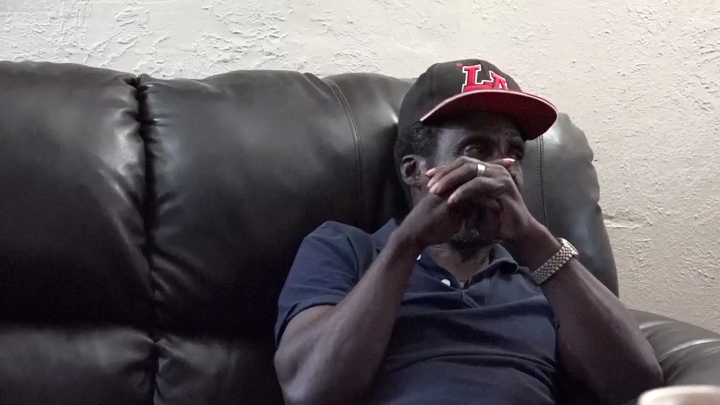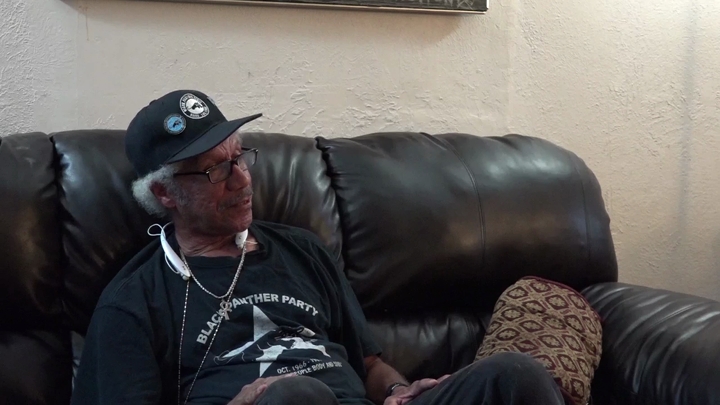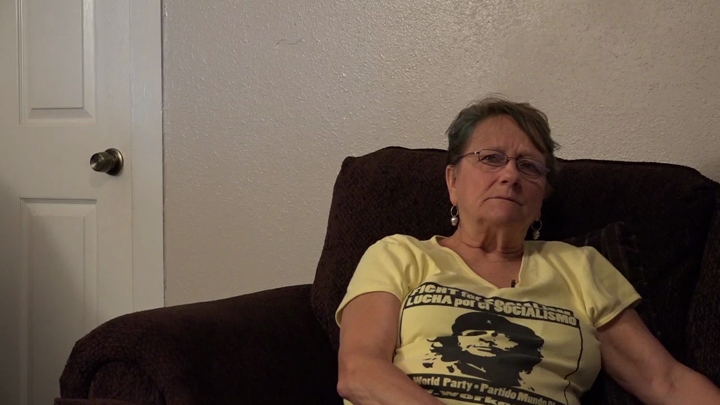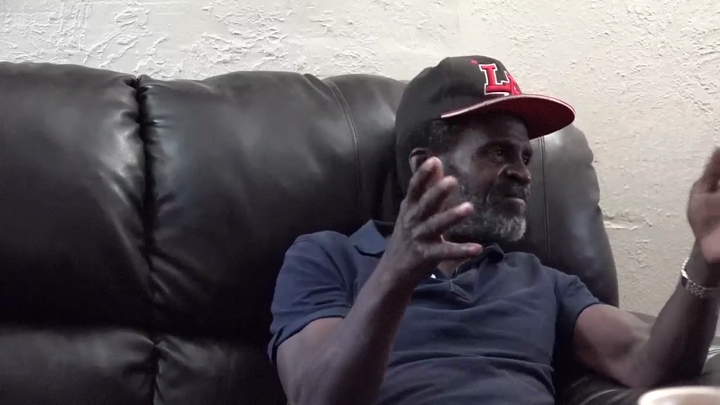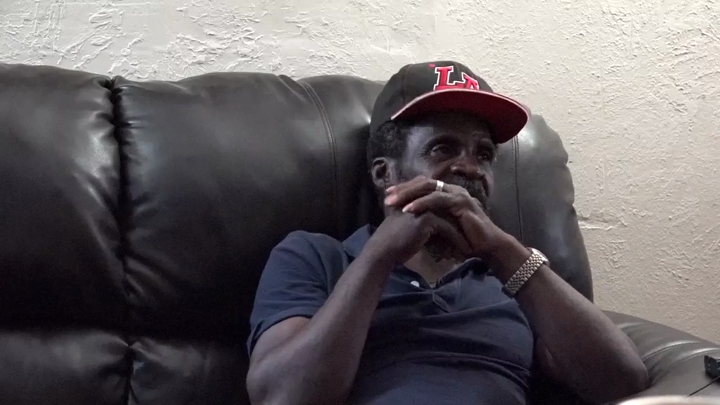Crear / Historic Relations with the Police in Houston
sign up or sign in to add/edit transcript
Interviewer: Before the recording, we spoke a little bit about other incidences with the police in Houston’s history. Crear: Mmm-hmm. Interviewer: Can you speak a little bit about things that happened way back in the early 1900s? Crear: Camp Logan? Yeah, Camp Logan. Fourth Ward is not there anymore, but Fourth Ward was the oldest black community in Houston. Interviewer: Can you talk a little about Fourth Ward? Crear: Fourth Ward was the oldest black community in Houston. Jack Yates, who the school is named after, that’s where they all lived. It was called Freedman’s Town, so it was established by ex-slaves. You had an Army camp there, around the time of World War I that was for blacks. Black soldiers. It was Camp Logan. What had happened, one of the sergeants had got assaulted by the police and beat up real bad and a rumor spread that he was dead. So, a group of the soldiers, black soldiers, they marched on downtown. It was a bloody mess. Several policeman were killed; some soldiers were killed. I think they executed maybe fifteen soldiers after that. That was--the history of the black community and the police in Houston goes way back. I remember as a kid, growing up in Fifth Ward, police walked around with dogs and they sick their dog on a person in a minute, you know. Just like they were talking about this black policeman that passed a little over a year ago. He was the first black policeman. He had to catch the bus. When he arrested somebody, he had to put them on a bus to take them downtown. So, the South, the so-called separate but equal stuff—it was like with us, just like with Carl (inaudible) like I was saying, the mayor got on TV with the police chief saying, “Within a year, all the members of People’s Party II and the Black Panther Party will be dead, in jail, or will cease to be a revolutionary” and they meant it. They tried. They tried and the harassment, I mean, right before I got here in 1971, they had raided the office. They took James to jail. James wasn’t even there. He came up just to see what was going on and they took him to jail. We were constantly harassed. I remember, I must have went to jail about thirteen times just (inaudible) bullcrap. What they would do, they would pull us over, and they would give us a bogus ticket, but they wouldn’t let us sign the ticket until they got us downtown. So then, you’re downtown and they said you have to pay bail to get out. It was just a form of harassment. One that drained our funds plus they’re trying to break your morale. I remember one particular incident in Fourth Ward because we could sit there and count them going by trying to pay someone. So, we left. We got in the car. We could see them about two blocks down. So, we said, “Let’s go.” So, we pulled around the corner and here they come, and they got the car with shotguns. Got us out the car, one by one. “Y’all got any weapons?” “No, we don’t got no weapons.” So, the people start coming out their house. They tried to intimidate the people, “Y’all get back.” People said nah, we’re not going nowhere. So, they took us downtown We get downtown, the press was there waiting. The black press, the Chronicle, the Post. It shocked the hell out of them because the people called. So, they took us up to CID, Central Intelligence Division, and they apologized. They said they didn’t know who y’all were. No, that’s a bunch of crap. The people called—that’s why we said power to the people like with the programs because they came out and the people wasn’t going nowhere. They tried to intimidate them. They tried to harass us and break us financially. Just like with the Cornell program when they tried to break—not just in Houston, but nationwide. We were public enemy number one to them. They brought everything they had. FBI, CIA, you name it. They used. Local police was like their little lap-dogs to do all the little dirty work. So, you know, yeah. Many of us, like myself, I’m sixty-four. I’m nineteen, twenty, twenty-one in the party, I didn’t expect to live. That what—Hughie P. Newton wrote a book called To Die for the People and that’s what we expected because they were definitely trying.
| Interview | Interview with John Crear |
| Subjects | Citizenship › Political Rights |
| Race Relations › Black-White Race Relations | |
| Police and Law Enforcement › Police Brutality | |
| Police and Law Enforcement › Black Employment in Law Enforcement | |
| Police and Law Enforcement › Jails | |
| Media | |
| Military | |
| Black Power › Black Panthers | |
| People › Newton, Huey P. | |
| Police and Law Enforcement › Federal Law Enforcement › FBI | |
| Tags | Camp Logan |
| The People's Party II | |
| sign up or sign in to add/edit tags | |
| Interview date | 2016-06-06 |
| Interview source | CRBB Summer 2016 |
| Interviewees | Crear, John |
| Interviewers | Enriquez, Sandra |
| Rodriguez, Samantha | |
| Locations | Houston, TX |
| Duration | 00:06:15 |
| Citation | "Historic Relations with the Police in Houston ," from John Crear oral history interview with Sandra Enriquez and Samantha Rodriguez, June 06, 2016, Civil Rights in Black and Brown Interview Database, https://crbb.tcu.edu/clips/3515/historic-relations-with-the-police-in-houston, accessed February 17, 2026 |


